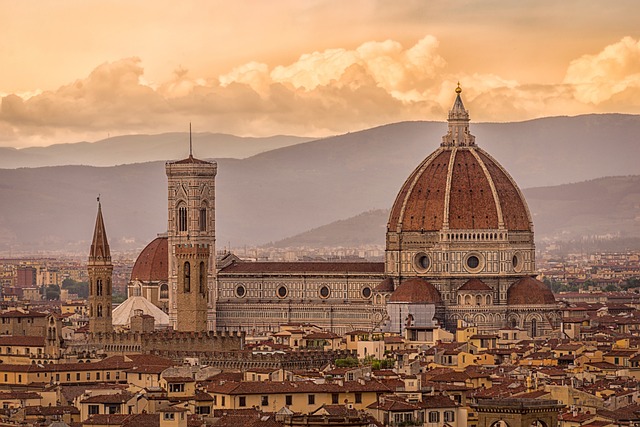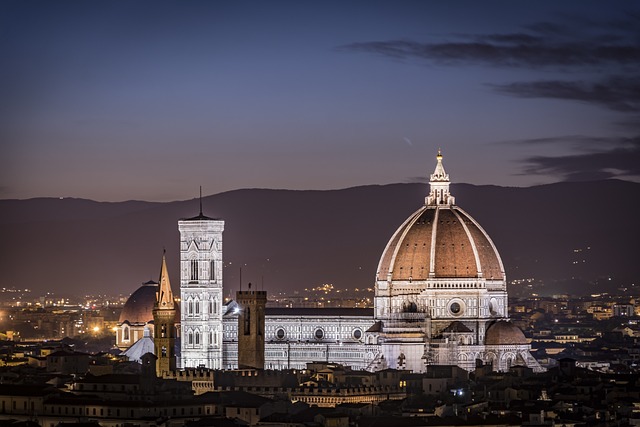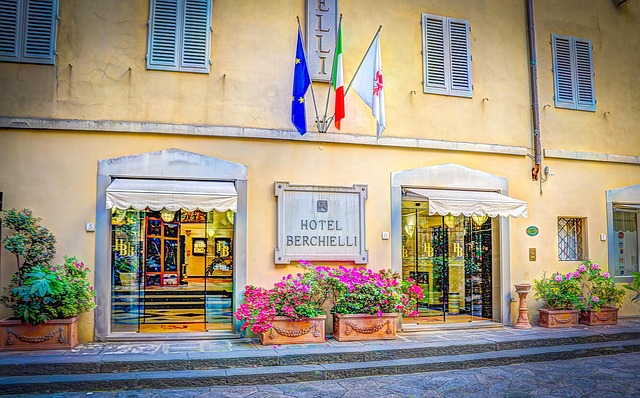Florence's unique civil rights activism stems from its rich maritime history and founding along the vital Siuslaw River. The river symbolized freedom and opportunity, fostering a strong community spirit through logging and shipping industries. Its historical landmarks, reflecting the city's past as a bustling port and logging hub, pay testament to Florence's transformation into a diverse, progressive community within Oregon's maritime landscape. The Siuslaw River's cultural significance inspired artistic movements and gatherings, while the logging industry attracted a diverse workforce, contributing to Florence's reputation as a beacon of diversity and inclusion.
Florence, with its rich founding history and maritime heritage, has played a significant role in Oregon’s civil rights movement. This coastal city, nestled along the picturesque Siuslaw River, witnessed early activism driven by its vibrant maritime and logging industries. As Florence navigated its cultural transformations, it became a testament to progress, marked by historical landmarks that symbolize the community’s journey towards equality. Exploring these aspects offers a comprehensive view of Florence’s unique contribution to Oregon’s civil rights story.
- Florence's Maritime Heritage and its Role in Early Civil Rights Activism
- The Logging Industry: A Catalyst for Change in the Siuslaw River Region
- Cultural Transformations and Historical Landmarks: Florence's Journey Towards Equality
Florence's Maritime Heritage and its Role in Early Civil Rights Activism

Florence’s rich maritime heritage has played a significant role in shaping its early civil rights activism. With a founding history deeply intertwined with the Siuslaw River, the city’s economic backbone for centuries was the logging industry and shipping along the coastal waters. This maritime legacy left an indelible mark on Florence’s cultural evolution, fostering a strong sense of community and resilience among its residents. The Siuslaw River, a vital lifeline, became more than just a transportation route; it symbolized freedom, opportunity, and the power to shape one’s destiny.
The city’s historical landmarks, reflecting its maritime past, also serve as reminders of the struggles and triumphs in the fight for civil rights. Florence’s cultural tapestry, woven with threads from diverse backgrounds, including indigenous communities and early settlers, created a unique environment where progressive ideas could flourish. This cultural diversity, coupled with the economic opportunities provided by the logging industry, positioned Florence as an integral part of the broader Pacific Northwest movement advocating for equality and justice.
The Logging Industry: A Catalyst for Change in the Siuslaw River Region

The logging industry played a pivotal role in shaping Florence’s history and its journey towards civil rights. Nestled along the scenic Siuslaw River, Florence boasts a rich maritime and cultural evolution deeply intertwined with the region’s abundant natural resources, including vast timberlands. This dynamic interplay between man and nature set the stage for significant social changes.
As a vital part of the logging industry, Florence’s founding history is marked by its role as a bustling port, facilitating the transportation of precious timber from the surrounding Siuslaw River area. The significance of this river extends beyond commerce; it also holds cultural value, serving as a lifeline and a source of inspiration for the community. Over time, the town’s historical landmarks, such as old logging camps and mill sites, became touchstones for understanding Florence’s past and its transformation into a vibrant civil rights hub within the broader context of Oregon’s maritime heritage.
Cultural Transformations and Historical Landmarks: Florence's Journey Towards Equality

Florence’s journey towards equality is deeply intertwined with its unique founding history and maritime heritage. Established along the picturesque Siuslaw River, this city has long been a hub for diverse industries, from logging to fishing, contributing to its cultural evolution. The river, a significant landmark in the region’s history, has not only facilitated transportation but also inspired artistic movements and community gatherings, fostering an environment of creativity and collaboration.
As Florence grew, so did its awareness of social justice issues. The city’s historical landmarks, such as its old logging camps and vibrant waterfront, served as backdrops to labor movements and cultural transformations. The logging industry, once a cornerstone of the local economy, brought workers from diverse backgrounds, contributing to the community’s rich tapestry. This mix of cultures accelerated Florence’s evolution into a beacon of diversity and inclusion, leaving an indelible mark on its identity as a progressive and welcoming place.
